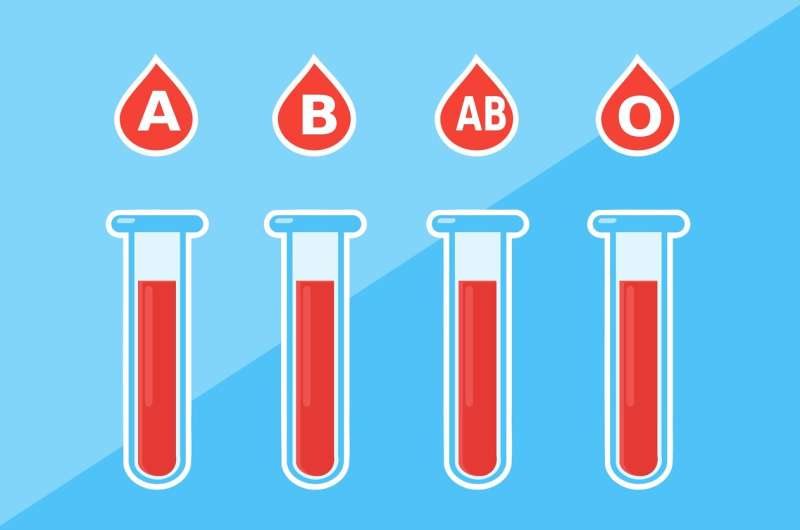Scientists Discover Unique Blood Type in Guadeloupe Woman

A rare blood type called "Gwada negative" has been discovered in a woman from Guadeloupe, marking a milestone in blood group research and opening new avenues for personalized medical care.
Researchers have identified a previously unknown blood type, named "Gwada negative," in a woman from Guadeloupe, marking the first new blood group discovered in over a century. The finding was announced by France's blood supply agency after analyzing a blood sample obtained during routine pre-surgical testing. The discovery was officially recognized by the International Society of Blood Transfusion (ISBT) in June, making it the 48th blood group system identified worldwide.
The initial detection of an unusual antibody in the patient traces back to 2011, but limited resources delayed further investigation until 2019 when advanced DNA sequencing techniques revealed a genetic mutation responsible for this unique blood type. The patient, a 54-year-old woman residing in Paris, was the only individual found to carry this blood type, which is inherited from both parents who each possessed the mutated gene.
Named "Gwada negative" in honor of her Caribbean origins, the blood type's discovery is significant for improving medical care for patients with rare blood groups. The research team hopes to identify additional individuals with this blood type to better understand its implications. This breakthrough emphasizes the expanding landscape of blood group systems unveiled through modern genetic analysis, offering new hope for personalized transfusion medicine.
This discovery underscores the importance of ongoing research in blood diversity and the potential to enhance transfusion safety and compatibility for rare blood group carriers.
Stay Updated with Mia's Feed
Get the latest health & wellness insights delivered straight to your inbox.
Related Articles
Research Highlights Ethnic and Socioeconomic Disparities in Stillbirths Across Hospitals in England
A groundbreaking study reveals persistent ethnic and socioeconomic disparities in stillbirth rates within hospitals across England, highlighting the urgent need for equitable maternity care.
Promising Results for HER3-Targeted Antibody-Drug Conjugate in Treatment-Resistant Solid Tumors
Early clinical trial results show that the HER3-targeted antibody-drug conjugate DB-1310 offers hope for patients with resistant advanced solid tumors, including EGFR-mutant non-small cell lung cancer, by extending survival and maintaining manageable side effects.
Innovative Urine Test May Predict Kidney Cancer Recurrence, Reducing Need for X-ray Scans
A new urine test shows great promise in predicting kidney cancer recurrence, potentially reducing the reliance on radiation-intensive scans and easing patient anxiety. Read about this innovative breakthrough in cancer monitoring.



